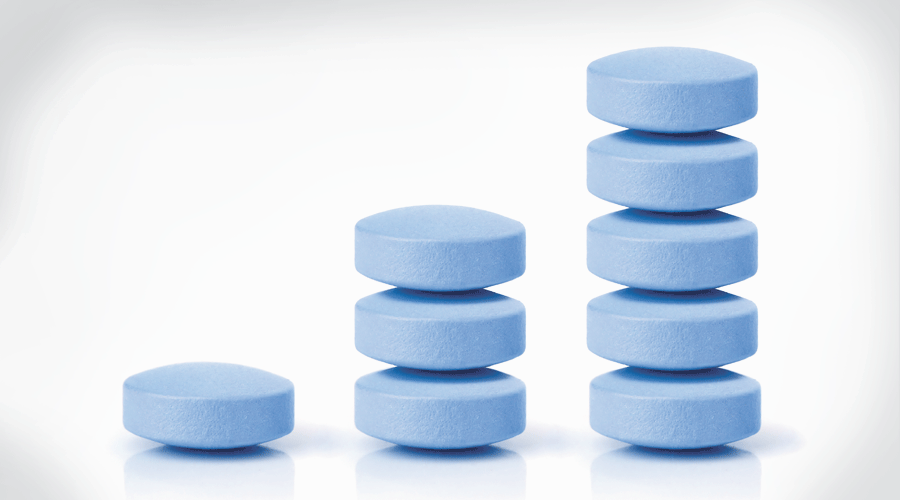Biosimilars are becoming increasingly important as patents for biologics expire and manufacturers work to develop similar products to compete with approved branded drugs.
But, there’s still a lot of uncertainty surrounding biosimilars, and what independent community pharmacists need to know about them.
A biosimilar is a biological product, or biologic, that’s highly similar to an already approved biologic. The original biologic is known as the biosimilar’s reference product. They’re used to treat conditions such as rheumatoid arthritis, psoriasis and certain forms of cancer.
Currently, the U.S. Food and Drug Administration (FDA) has approved four biosimilar products: Zarxio®, biosimilar to Neupogen®; Inflectra®, biosimilar to Remicade®; Erelzi®, biosimilar to Enbrel®; and Amjevita, biosimilar to Humira®. Michael Reilly, executive director of the Alliance for Safe Biologic Medicines, said a lot more are coming, and it’s important for pharmacists to know the role they play, particularly regarding substitution.
Biosimilars vs. generics
Reilly said there’s a lot of confusion about biosimilars through the paradigm of generics, but they’re very different.
A generic drug is an exact copy of its brand-name counterpart, and the two are considered bioequivalent. Biosimilars, however, are highly similar to their reference products, but have allowable differences because they’re made from living organisms.
Additionally, the pricing markdown on biologics won’t be as significant as on generics, due to the cost and complexity of manufacturing biologics.
“It’s important to realize that the cost-savings that will result from biosimilars are going to be significantly different than what you see with generics,” Reilly said. “With generics, you may see an 80 percent mark down right away, but with biosimilars, you generally see around the 15 percent mark.”
The question of interchangeability
State legislation regarding biosimilars require that only interchangeable biosimilars be substituted at the pharmacy level.
But, Reilly said an interchangeable biosimilar is different than the type of biosimilar that has already been approved at this point in the U.S. “It’s important to note that the FDA has yet to put out guidance as to what will determine if something is approved as an interchangeable, therefore no one has submitted an application for an interchangeable,” he said.
Currently, health care providers can prescribe a biosimilar product in place of the FDA-approved reference product.
Dr. Leah Christl, associate director for therapeutic biologics in the Office of New Drugs (OND) in the FDA’s Center for Drug Evaluation and Research, said that a health care professional can prescribe a biosimilar product by using its proprietary name, or its nonproprietary name, just like any other prescription product. “A health care professional should write the specific name of the product intended to be prescribed,” she said.
This will require pharmacists and physicians to work together when it comes to the substitution of biosimilars.
“The message that we really drive home with pharmacists and physicians is the need for collaboration,” Reilly said. “Working with the physician community on biosimilars is going to be really important to gather a good understanding of how they’re working.”












